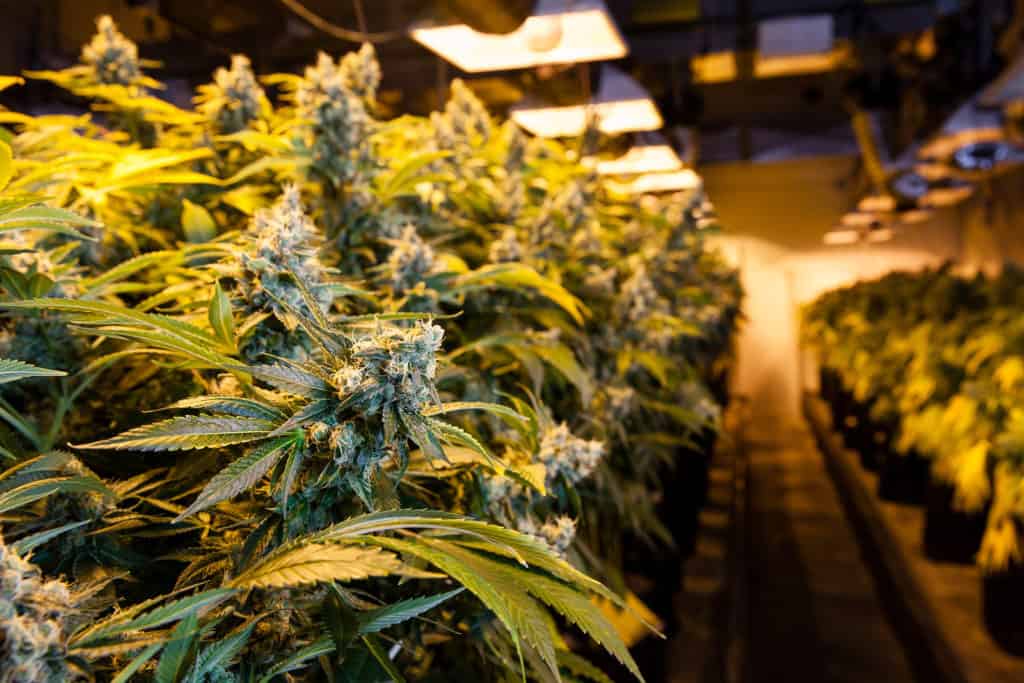Voters in California passed Proposition 64, the Adult Use of Marijuana Act, in Tuesday’s election. Now, residents in the state can smoke recreational marijuana legally, possess pot and even grow marijuana. But as the Los Angeles Times reports, Californians will not be able to purchase marijuana until all dispensaries are properly licensed.
The state will have until January 1, 2018 to start issuing licenses. Experts say it may take lawmakers a year to define industry rules and regulations.
Proposition 64 allows adults in California over the age of 21 to use marijuana in licensed businesses and in their homes. Californians may possess up to 28.5 grams of pot, and they may grow up to six plants in their home, provided the plants are locked up and not visible to the public.
The law also permits the state, counties and cities to tax the sale and cultivation of marijuana. Tax revenue from marijuana sales will be put toward youth programs, drug research and resources to regulate the marijuana industry. The law outlines a 15% excise tax on pot sales.
The state’s Department of Food and Agriculture has also been authorized to regulate the cultivation, sale and manufacturing of industrial hemp.
Californians cannot smoke marijuana in public, nor can they drive under the influence of the drug. Residents cannot possess marijuana near schools, youth centers, daycare centers or anywhere else children are present.
Underage citizens who are caught using marijuana will be required to attend a drug education program, attend counseling and perform community service. Those who sell marijuana without a license will face up to a $500 fine and six months in jail. Californians who are caught smoking pot in public will be fined up to $100. Those who are caught smoking near a school may face a fine of up to $250.
Starting on November 9, it will no longer be a crime for Californians to use, transport, possess or purchase limited amounts of marijuana.
Financial analysts project that the law will save California’s criminal justice system up to $100 million each year.



